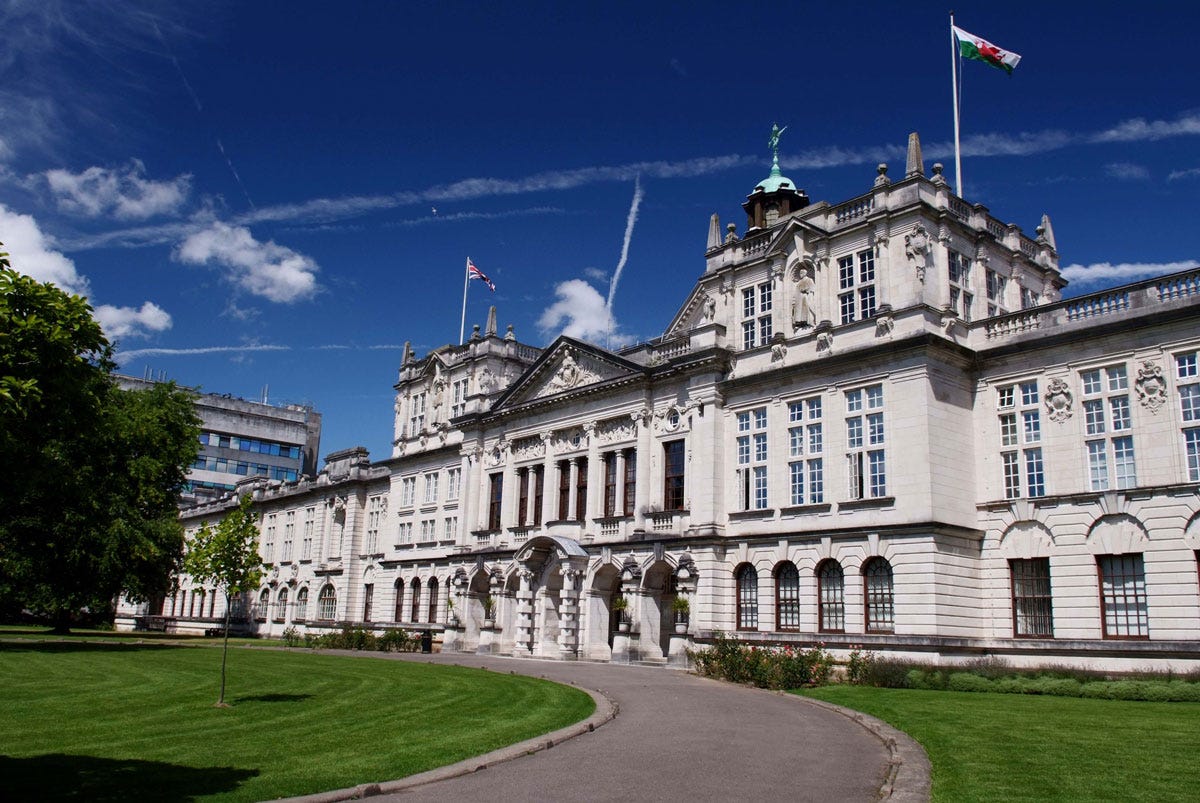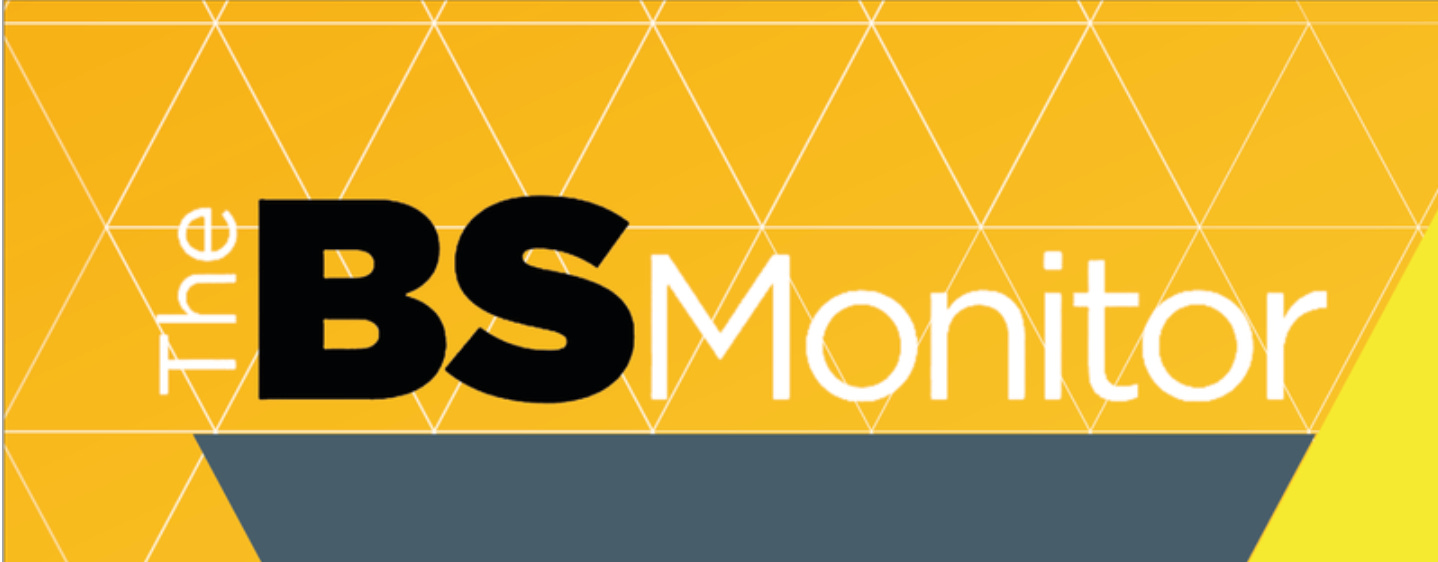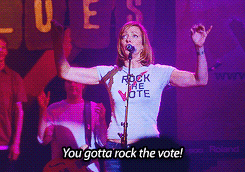👋 Scaling Service x Shayoni Lynn: get your proposition right and leads will come to you
Scaling Service is a monthly newsletter from The Family. We interview agency founders and ask them about everything from funding to sales to exits. This month we’re speaking to Shayoni Lynn, founder of Lynn PR.
What should we talk about next? Tell us by filling out this 15 second survey.
"It was a very, very odd move," says Shayoni Lynn. "I'd never worked agency side before."
Before founding Lynn PR in 2019, Lynn was working in-house for Cardiff University. "I was doing loads of talks around the importance of data-driven programmes and behavioural science," she explains.
"Like most people in the industry, I was very happy to help with advice pro bono. But at the end of 2018 I saw a quite significant spike in those queries: How do I introduce data into my programme? How do I introduce behavioural science into my programme? And those conversations were great."
So great, in fact, that Lynn started to think about taking her specialist knowledge a stage further. "I'd managed to create this amazing, engaging programme that was recognised across our sectors, but I didn't think I could go further with that where I was."
Moves into wider university comms and fundraising didn't appeal, and nor did leaving Cardiff in search of other roles. "So I thought, you know what, I'll dabble in this and see where it goes."
The *plan* was to start out part-time
With "just a couple of grand in the bank," the plan was to start out part-time "very much in a consultancy space." An early big contract fell through as the pandemic hit, costing Lynn PR "significant amounts of money." But, she says, "We were very lucky that we were seen as a solution to the problem.
"We were able to really help a lot of organisations increase salience, increase engagement in a really difficult time." Behavioural science has been to the fore in government responses to the pandemic, and that has drawn attention to Lynn PR's unique proposition.
"We're not rational beings," she explains. "We make hundreds of decisions which are completely against traditional economic models of how we should be making decisions. We're not homo economicus, we're homo sapiens." By Lynn's reckoning, her agency sits in the "sweet spot" between academic practice and creative communication.
"Understanding those cognitive biases — why they occur, when they occur, and how to overcome them — is where comms can really thrive and can be really powerful in unlocking change." And coming through the pandemic, many organisations "were very interested in trying that for themselves."
The 10-year plan took… four months
So many people, in fact, that Lynn was able to scale the agency up and move full-time far quicker than anticipated. "It was always a 10-year plan, I didn't expect it to happen in four months. It was absolutely insane." And the jump into the agency space meant a lot of rapid learning: "I had not a clue what I was getting myself into! Oh, my goodness, the challenges of having to wrap your head around admin and finance and selling."

Having spent years sharing her knowledge pro bono to support colleagues, the move to sales required "a very big shift in mindset." Lynn describes selling as her "absolute worst nightmare … I was underselling, I wasn't selling the right things. The proposition wasn't clear. You know, it was behavioural science. But what does that mean, tangibly? How do you apply it to comms programmes across other sectors? What are the different products and services we can offer clients? At that point it just wasn't clear, so I've had to upskill at pace."
Upskilling goes hand in hand with collaboration. "It's good to have people around you who know the bits that you don't. Very early on, I made the decision to get someone into support on finance — I did not ever think I was going try and do my taxes on my own!" And the advantage of an agency model over freelancing or independent practice is it allows individuals to play to their strengths.
"It's not the Shayoni show"
"No one can do everything. And I'm good at strategy and applied behavioural science. I'm not good at selling, I'm not good at thinking about what fiscal projections look like. And I expect people around me to support me with that. So it's about bringing in the right people."
Though she's keen to emphasise that Lynn PR is a team endeavour — "it's not the Shayoni show" — Lynn believes her background, experience, and profile added value to Lynn PR's proposition. "I was fortunate to have an industry presence. I'd been speaking about stuff, so people would come to us because they knew who I was, as opposed to knowing who Lynn PR is."
It's here that the value of being a known specialist really becomes clear. "People had heard me speaking at relevant events on a very niche topic, which everyone finds attractive and sexy and wants to incorporate.
"But they may not have the skills to do that, or may not havethe time to do that, the perceived budget to do that." Clients come to Lynn PR knowing them to be behavioural science experts, an arrangement that Lynn happily describes as "brilliant": "Most of our leads are inbound — we don't need to reframe, they've approached us because they want some element of behaviour change."

And preserving that identity is vitally important, which is why Lynn PR won't take jobs that don't allow them opportunity to leverage their particular specialities: "the research and the experiments, essentially. We're very values-driven," Lynn says, "And we've turned down significant pieces of work because of that."
That's not a question of stubbornness, she clarifies, but that "we couldn't deliver the quality and content that we usually would without going through certain processes. It would just become a tactical piece. So we had to walk away."
Ultimately, Lynn describes her jump into the agency world as "insanely fulfilling, insanely gratifying." But, she adds, "it's also shedloads of work." And she advises anybody considering the move, particularly from non-typical backgrounds like hers, to get used to talking about money.
"Don't undersell. Don't oversell. Try and understand what your market value is. Don't be scared of upping or lowering prices, but be responsive to how people approach you as an agency or as a business. It's a completely different ballgame. It is very gratifying. Absolutely. But it is probably the hardest I've ever worked in my life."
Family affairs:
News from The Family and its portfolio agencies:
Hard Numbers MD Darryl Sparey is officially a big deal: Darryl was named a Fellow of the PRCA 🔗
All aboard the Hype train: Hype Collective recently launched a new influencer campaign for Network Rail 🔗
Award brag one: Hard Numbers was nominated for the New Consultancy Award and Specialist Consultancy Award at the PRCAs 🔗
Award brag two: Hard Numbers won Best New Agency at the Agency Awards 🔗
What should we write about next?
Below is a very rough list of what we’re planning on writing about next. Anything take your fancy?
1. I'm starting an agency. How do I find a mentor? Vote for this option
2. How do I find a business partner to start an agency with? Vote for this option
3. How do I build a community around my business that I can sell to? Vote for this option
4. How do I build a pipeline of talent? Vote for this option
5. When buying an agency, what do acquirers look for? Vote for this option
6. How do I build a pipeline? Vote for this option
7. How exactly do you write a cold outreach message? Vote for this option
8. What do I do with my life when I sell my agency? Vote for this option
9. How do I design and structure a pitch deck? Vote for this option
10. What's a healthy EBITDA? How much cash should I keep in the bank? What should my staff cost ratio be? And other finance questions. Vote for this option
11. How does growth through acquisition work and is it realistic for me? Vote for this option
12. How can I find funding for my soon to be launched agency? Vote for this option
Or, just visit the poll: https://handypolls.com/p/5jk1Xz
Option not on there? Ping us a reply!





